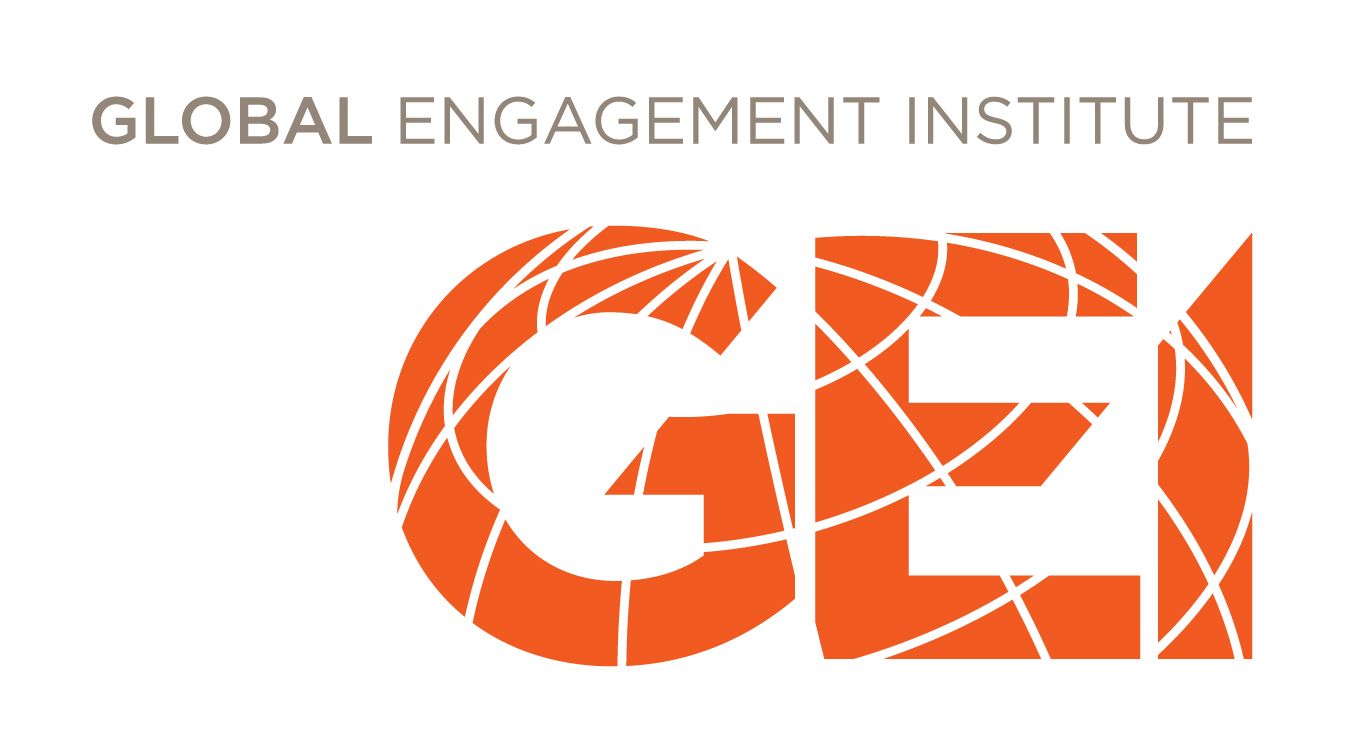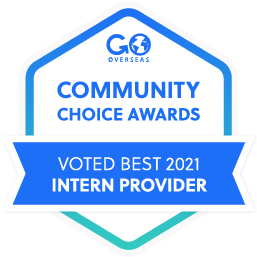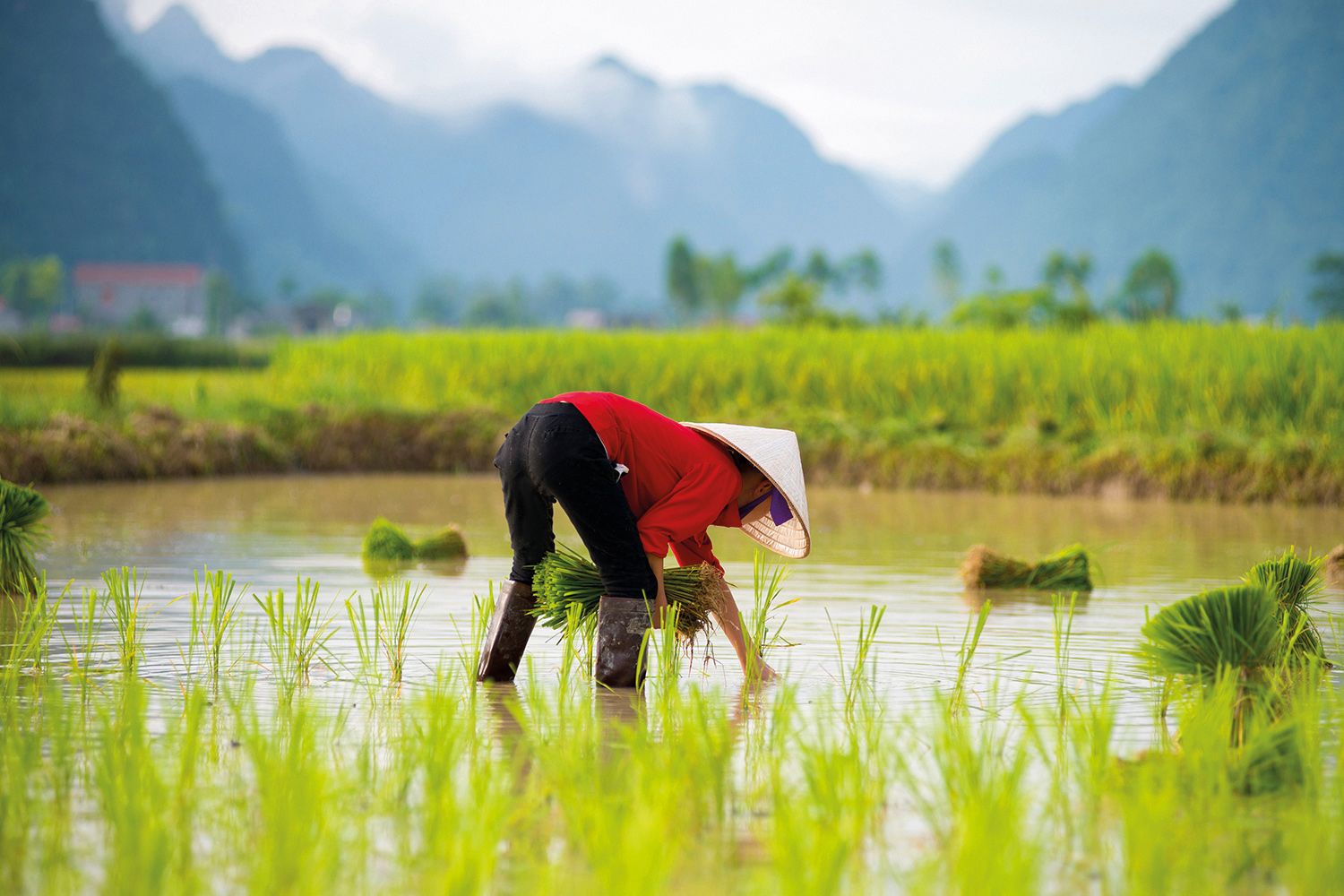ENTREPRENEURSHIP & SOCIAL INNOVATION (RWANDA)
GEI CERTIFICATE IN GLOBAL ENGAGEMENT
A 16-credit certificate program to develop skills, knowledge, and understanding that prepare you for leadership and engagement in our global society.
AT A GLANCE
-
Certificate in Global Engagement Program
-
Disciplinary Track: Entrepreneurship & Social Innovation
-
Study Abroad Destination: Rwanda
-
Fall Semester Dates: Sep 1-Dec 13, 2025 (15 weeks)
-
Spring Semester Dates: Feb 2-May 16, 2026 (15 weeks)
-
Fall Semester Dates: Aug 31-Dec 12, 2026 (15 weeks)
-
Credit: 16 U.S. credit hours (~ 32 ECTS credits) for eligible university students
-
Eligibility: Any field and level of study
PROGRAM OVERVIEW
Write your awesome label here.
Write your awesome label here.
Write your awesome label here.
Write your awesome label here.
Write your awesome label here.
Write your awesome label here.
ACADEMICS
This seminar introduces global and local frameworks for entrepreneurship and innovation, emphasizing social impact, equity, and systems thinking. Students explore design thinking, stakeholder mapping, and inclusive business strategies through case studies, collaborative projects, and critical reflection.
This course develops functional language skills for daily life and professional engagement in Rwanda. Instruction covers conversation, reading, and basic writing, with a focus on vocabulary for community interaction and entrepreneurial settings. Evaluation includes homework, a written test, and an oral proficiency exam.
Students participate in guided field experiences with Rwandan enterprises, NGOs, or innovation hubs. Through site visits, interviews, and inquiry-based assignments, students analyze how local leaders address challenges like access, sustainability, and scale. Learning is documented through reflective journals and a field report.
In this project-based course, students work in teams with a Rwandan host organization to co-create and implement a business innovation or social enterprise initiative. The practicum culminates in a professional presentation and personal reflective essay, highlighting applied skills and impact.
As capstone project, students create a digital portfolio that serves as a comprehensive record of the students’ achievements and learning throughout the program. Students gather artifacts from their coursework and field experiences to showcase their development and mastery of skills. The portfolio culminates in a reflective essay and a presentation, promoting self-assessment and continuous learning.
There are no specific prerequisites or requirements. Students can be enrolled in any major or minor and can be at any level of university study. While we try to always place students in cohorts with similar levels of study, please understand that this may not always be possible.
Our programs are designed to follow U.S. academic culture and standards. The semester pace is rigorous and fast-moving, particularly during immersive fieldwork. The U.S. grading scale of A to F is used. Students complete a variety of assignments, including six thematic group assignments, regular reflective journaling or blogging, and a final analytical project paper focused on cross-cultural and interdisciplinary perspectives (BUS311); participation in a field placement, weekly reflection entries, and submission of a field report analyzing sustainability issues and interventions (BUS312); collaboration on a capstone practicum project, delivery of a professional presentation, and submission of a personal reflective essay (BUS313); and active engagement in intensive Kinyarwanda language instruction, with accompanying homework, a final written exam, and an oral proficiency assessment (LAN302). A digital portfolio is developed throughout the semester, culminating in a final presentation and capstone reflection that integrates academic, experiential, and professional growth.
16 U.S. credit hours (~ 32 ETCS credits) for eligible undergraduate students via our U.S. academic school of record. After successful completion of the program, you will receive a comprehensive GEI transcript as well as the GEI Certificate in Global Engagement. Please check with your academic advisor at your home institution to confirm how many credits can be accepted for your degree program.
The language of instruction is English.
UNIQUE EXPERIENCES
Innovation in a rising African nation
Kigali offers an extraordinary platform for understanding how innovation intersects with development. From tech incubators and women-led cooperatives to impact investing and policy innovation, students engage directly with a vibrant ecosystem of change.
Fieldwork with purpose
Students build relationships with Rwandan entrepreneurs, grassroots leaders, and development professionals through structured fieldwork. These encounters provide insight into Rwanda’s unique approach to transformation and sustainability - from urban innovation corridors to rural enterprise networks.
Write your awesome label here.
Write your awesome label here.
HOUSING & MEALS
The program includes 15 weeks in Rwanda. For this time, GEI Rwanda offers different housing options that students can choose from, pending availability. These include:
- Homestays: Typically single rooms, with shared bathroom, and access to a kitchen and living room
- Serviced apartments: Single or shared double rooms, with shared bathroom, and access to a kitchen and living room
- University residence halls at our local partner universities: Shared double rooms, with shared bathroom and no kitchen facilities
- Simple guesthouses: Shared double rooms, with shared bathroom and no kitchen facilities
Homestay host families typically provide breakfast and dinner. Students in serviced apartments, university residence halls, or guesthouses are usually responsible for all meals outside of core course meals.
You can find additional information in the following blog post: Accommodation – What to expect.
You can find additional information in the following blog post: Accommodation – What to expect.
DATES, FEES, AND SCHOLARSHIPS
Fall 2025 (15 weeks): Sep 1-Dec 13
Spring 2026 (15 weeks): Feb 2-May 16
Fall 2026 (15 weeks): Aug 31-Dec 12
Fall 2025: July 1
Spring 2026: Dec 1
Fall 2026: July 1
Fall 2025: US $17,450
Spring 2026: US $17,450
Fall 2026: US $17,450
RWANDA
STAFF
All of our staff are highly experienced and resourceful professionals.


